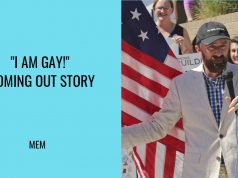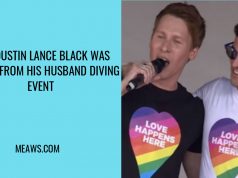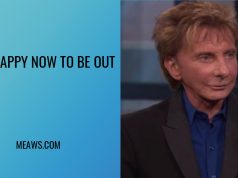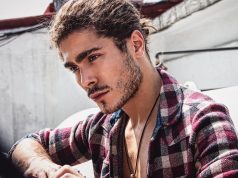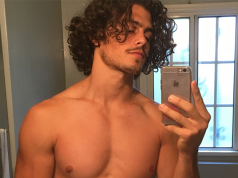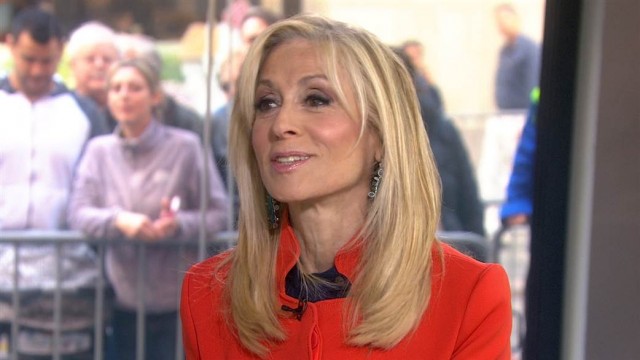
You know her from Ugly Betty, Dallas and The exes and now she has been nominated to the Golden Globe for her role as Shelly Pfefferman in Transparent and recently Judith Light gave an interview for PrideSource about how the role of a Jewish mother tingled her acting skills and what is it like from the posture of an LGBT advocate.
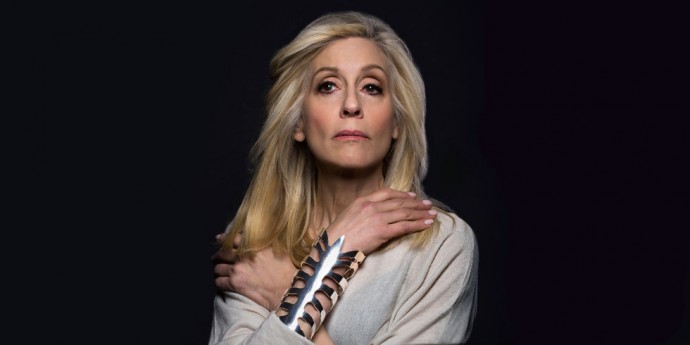
“How it makes me feel as a longtime LGBTQ advocate – it thrills me. I feel as though my life and my service and my work have all come together in one place, so it makes me feel fantastic. Even though I hear from people who say, “Why would you do this?” or, “This is weird,” the value of it far outweighs those people who have problems.” she said in the interview. She continued talking about how these decisions influenced her life and what are her goals from now on. We present you few fragments of the interview:
How has that message been transformative for you?
“This is something that I have looked toward for such a long time. It was the LGBTQ community that inspired me to be the kind of person I wanted to be. I wanted to be authentic and courageous, and for so long I wasn’t. When I began doing a lot of advocacy work in the early ’80s for HIV and AIDS, I saw the community and the way the community was operating against all odds, against a world and a culture and country that gave them nothing and denigrated them. It was unconstitutional behavior toward the community, and this community just rose up and said, “We will create places to take our friends who are sick, we will do their funerals, we will take them to the hospital, we will change their IVs and their bedpans, and we will learn.” And the lesbians came in and said, “Gay men, you are our brothers and we will take care of you,” and the drag queens and the bisexual community and the transgender community – everybody pulled together. I looked at this community and said, “This is breathtaking. This is the kind of world and people I want to be around. These are the kind of people I want to be working with.”
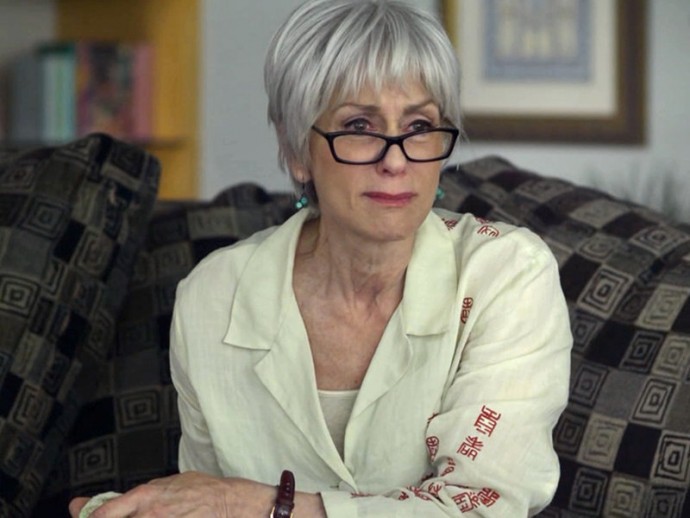
I said, “We have to tell the truth about what’s really going on here.” My friends and the community were dying in droves and two presidents wouldn’t even say the word “AIDS.”
It was reprehensible to me. It was the opposite of the way you started this interview. It was the lack of compassion, the lack of humanity and the pretending that this was something else that it wasn’t. It was sheer unadulterated homophobia and I couldn’t … I didn’t… I wanted to be like the community.”
At the time, there weren’t a lot of celebrity allies stepping up to the plate. Bette Midler, Elizabeth Taylor, yourself. What did that feel like for you?
“You know, it wasn’t something of what it felt like. It was the thing that had to be done. And Bette was amazing, and Elizabeth Taylor was amazing. None of us were thinking at that time, “I’m doing important work.” We were thinking, “This is what should be done, what has to be done.” It was, “Get to work everybody. People are dying in droves, and we’re losing an entire generation of people.”
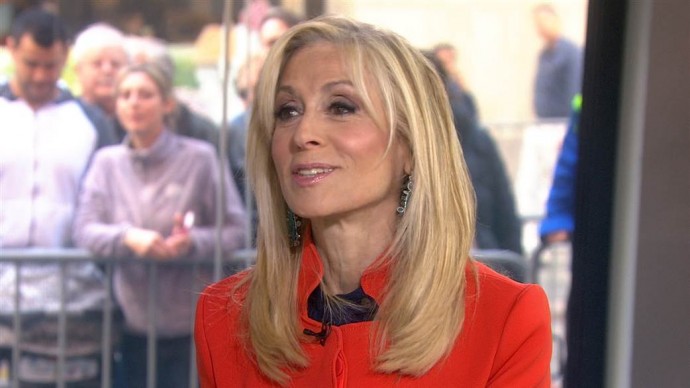
We lost so many people in the theater. Broadway Cares / Equity Fights AIDS was on the frontline for years helping people. We were losing people in droves in the theater community – in every community! It wasn’t even a question. People would come out and tell their families that they had AIDS and their families disowned them. So it wasn’t what you thought about. You went to the hospital because they were dying and nobody was there with them. You didn’t think about it. It wasn’t a thought process. It was an emotional human response to an epidemic where there was no help forthcoming. And I mean, who’s more creative than the gay community? So everybody got together and said, “OK, we’re gonna put on a show and raise money, and we’re gonna create the AIDS rides like Dan Pallotta did and we’re gonna raise millions and millions of dollars because this is our family.” I took my lead from the community. They were the leaders. To me, they’re still the leaders.
When this community knows that, as they did at the height of the AIDS pandemic, they will become even more powerful than they are now. It is this community that got same-sex marriage to happen. It is the devotion to the work, and this community has done it. This community has done this. So that’s why I say I took my lead from this community. This is a community I respect and look up to and honor.”



